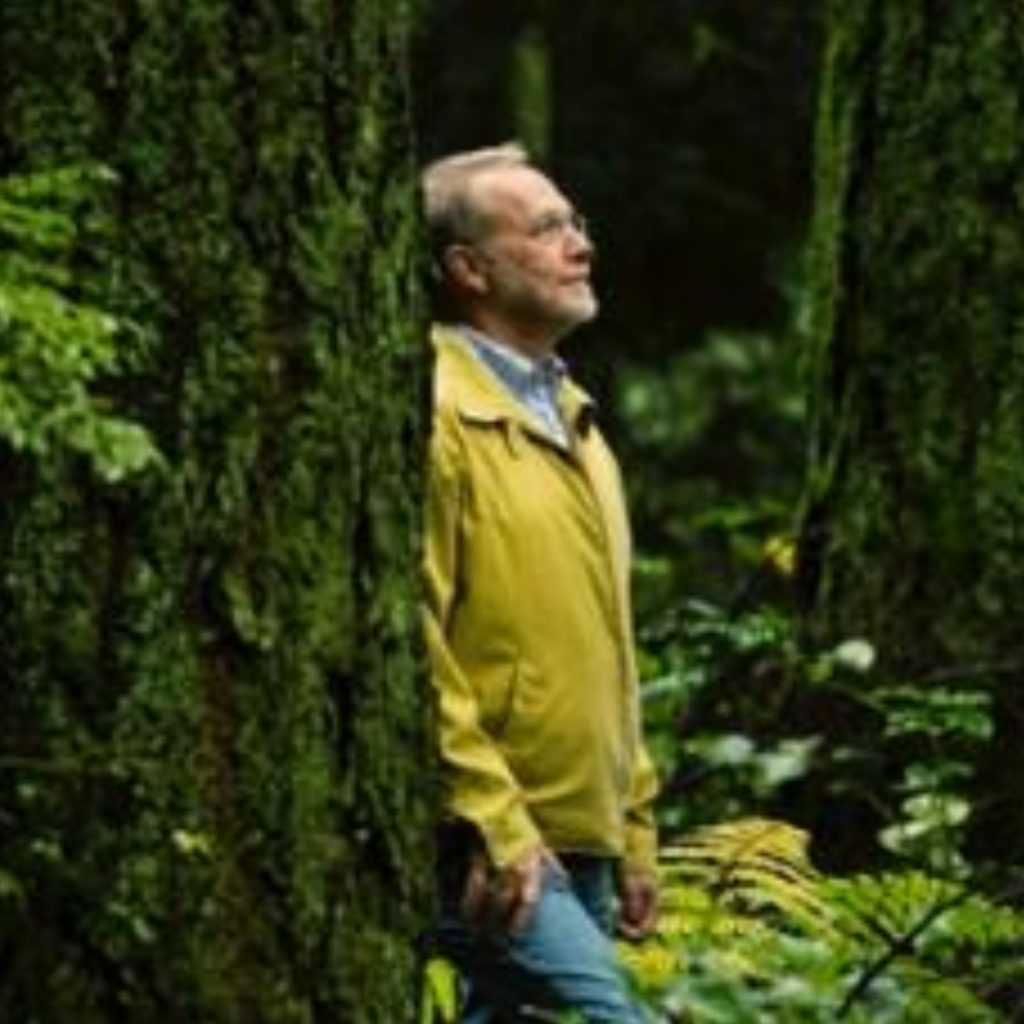
Dr. Gary Bull
Gary is also a senior management consultant with a specialty in forest and resource economics, working with global forest products companies, bioenergy sector, UN FAO, ENGOs, indigenous organizations and all levels of government. Over the last three decades, he has undertaken management consulting and applied research work in forested countries in Asia, Africa, Latin America, Europe and North America. His primary focus is on the economics of getting sustainable forest operations to deliver affordable wood to manufacturing and, examining the complex greenhouse gas impacts of managing forest and building with wood.
Gary Bull is also a Professor and former Head of Forest Resources Management Department at the University of British Columbia in Canada. He teaches natural resource and environmental economics. He has worked for decades to bridge the gaps between changing technologies, natural resource management and the emerging bioeconomy. He has prepared over 200 scientific publications and technical reports for international organizations. Some of his publications can be found at: http://profiles.forestry.ubc.ca/person/gary-bull/
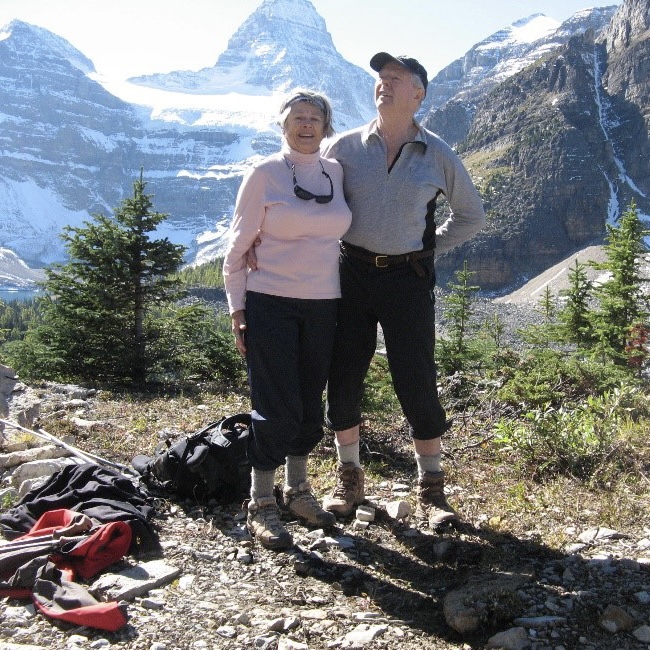
Dr. Patrick Duffy
Patrick Duffy is a 1955 UBC Forestry alumnus and a Varsity Outdoors Club and Thunderbird Ski Team alum, who graduated with a Bachelor of Science in Forestry, a Masters from Yale and a PhD from the University of Minnesota. He is the founder of Vancouver-based international environmental consultancy, PJB Duffy and Associates.
Patrick’s first professional job involved solving local frost occurrence problems in Ontario, after which he moved to Alberta to research on lodgepole pine and white spruce productivity while managing a forest research team on land classification. Following his doctorate, Patrick spent a year in Australia and Papua-New Guinea on land classification, then moved to Ottawa to coordinate land classification across Canada and to manage the Canada Land Inventory, which involved teams from the provinces. Patrick has over 55 years of experience working in Canada and overseas in over 40 countries on projects which were for the United Nations, including the FAO and the World Bank, industrial and non-government organizations. He has served as a mentor at UBC Forestry since the program’s inception about 20 years ago. In his spare time, he has enjoyed trekking in the Canadian Rockies, ski racing, classical music, and is interested in international affairs, governance of Canada, and climate change.
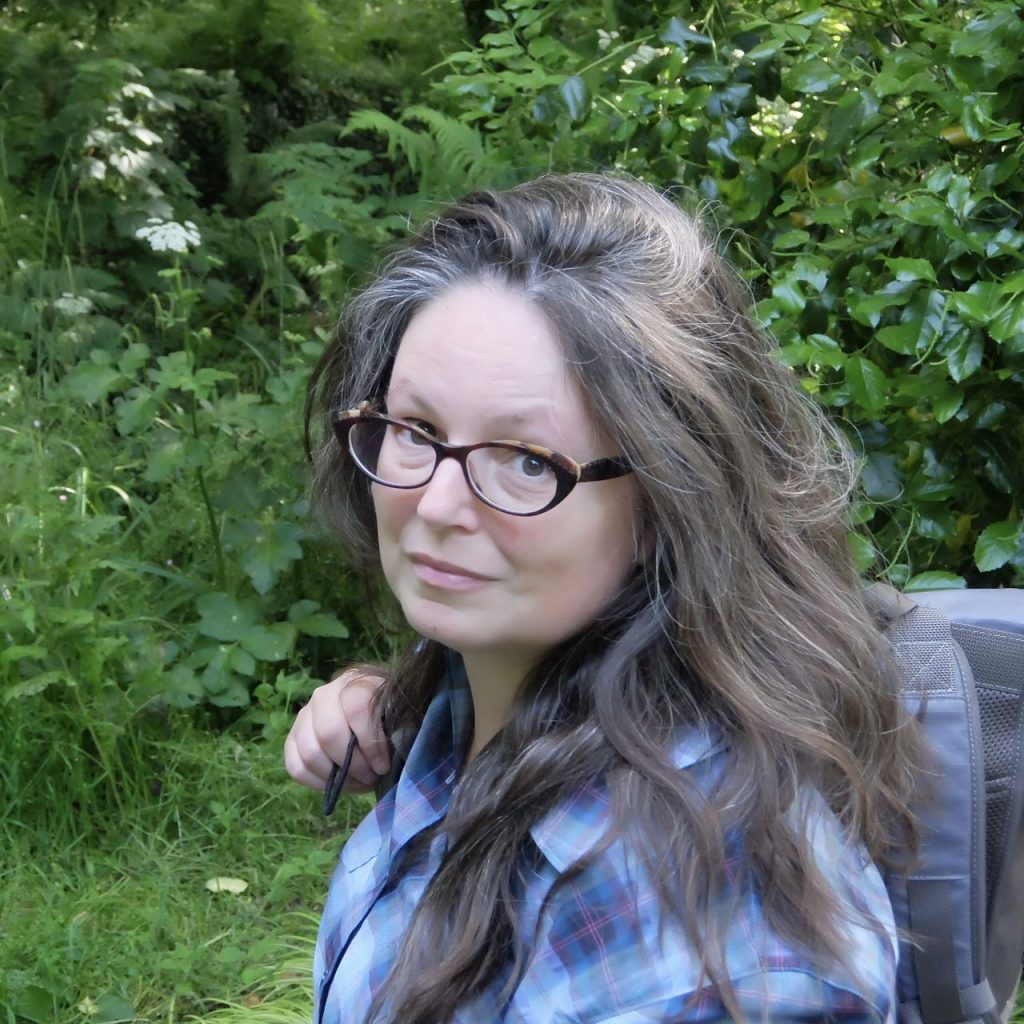
Dr. Sarah Gergel
Sarah Gergel is a Professor of Landscape Ecology & Conservation at the University of British Columbia in Vancouver, Canada and a Fellow of the AAAS. She is co-editor of the book Learning Landscape Ecology (now in its 2nd edition) which has reached 2.1 million downloads worldwide. In 2020, she was awarded the 2020 Distinguished Landscape Practitioner Award by the North American Chapter of the International Association for Landscape Ecology (NA-IALE), an honor bestowed to individuals who have made outstanding contributions over a period of years to the application of the principles of landscape ecology to real-world problems. She also received the Canadian Institute of Forestry (CIF)’s Inaugural Award on Gender, Diversity and Inclusion Group Achievement Award 2021 as part of a team collaboration. She recently finished a five-year post serving as the Associate Dean of Diversity & Inclusion for the Faculty of Forestry at UBC and is now serving as Associate Dean Academic.
Her research focuses on using remote sensing and spatial analysis to better characterize ecosystem services as well as how to better integrate participatory mapping and LEK (local ecological knowledge) into landscape analysis. Recent collaborations in the realm of international development (with various CGIAR institutions) examine how ecosystem services, nutrition, and livelihoods are impacted by the size and configuration of forest patches within agricultural mosaics.
Webpage: www.landscape.forestry.ubc.ca
Twitter: @GergelSarah https://twitter.com/GergelSarah
Learning Landscape Ecology, 2e: http://ow.ly/Aeg230aI0L9
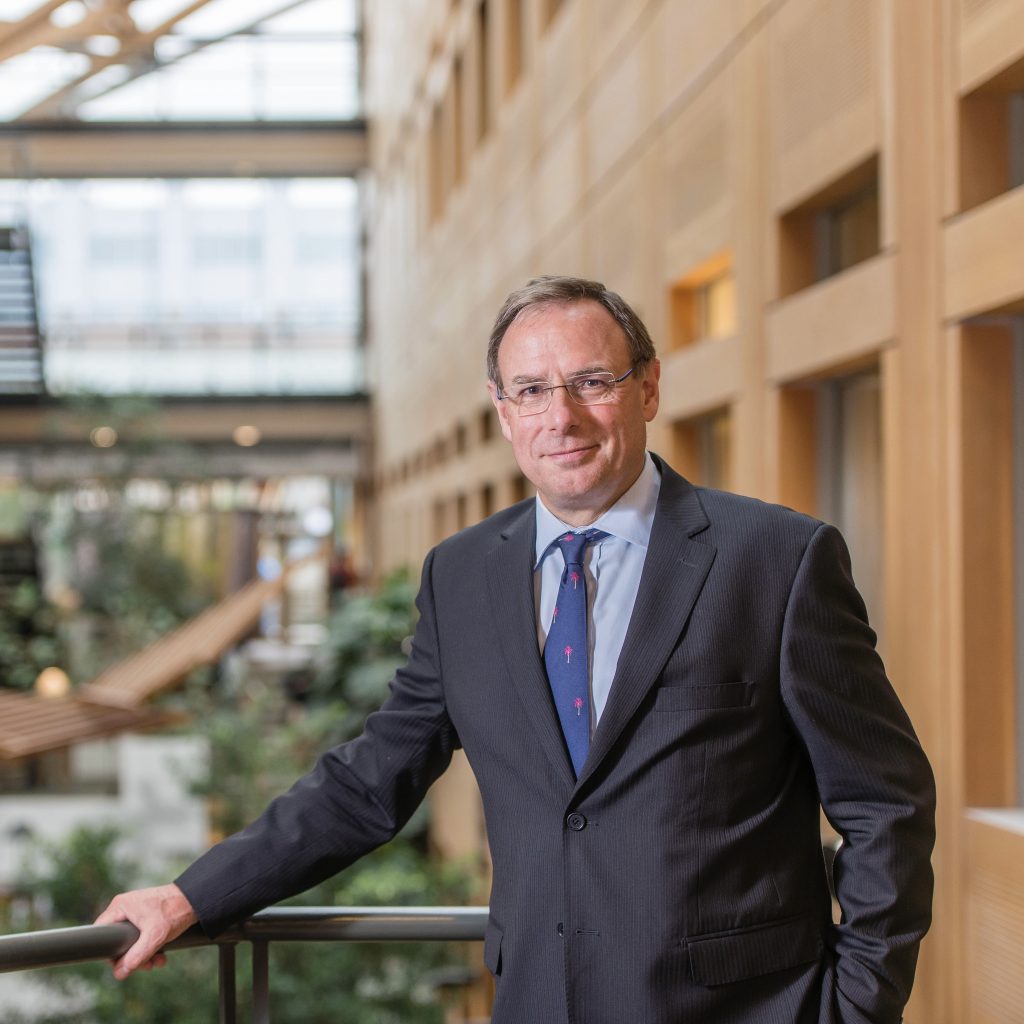
Dr. John Innes
John Innes is President of the Commonwealth Forestry Association (since 2010), Chair of the Standing Committee on Commonwealth Forestry and Chair of the Asia-Pacific Forestry Education Coordination Mechanism. He is an Honorary Professorial Fellow in the Melbourne School of Land and Environment at the University of Melbourne and Honorary Professor at five different Chinese universities. John came to British Columbia in 1999, having previously worked as a Section Head in the Swiss Federal Institute for Forest, Snow and Landscape Research. Since arriving in BC, he has worked on a range of issues associated with forest management. He is actively involved with climate change research, particularly its effects on forest ecosystems and the development of appropriate management strategies for adaptation, and in 2007 was part of the IPCC team that shared the Nobel Peace Prize with Al Gore. For his lifetime contributions, he received the International Forestry Achievement Award by the Canadian Institute of Forestry (2015), and was bestowed International Fellowship by the Royal Swedish Academy for Agriculture and Forestry (2018). Last year he was selected recipient of the 11 th Liangxi Forest Science and Technology Award (2020) by the Government of PR China.
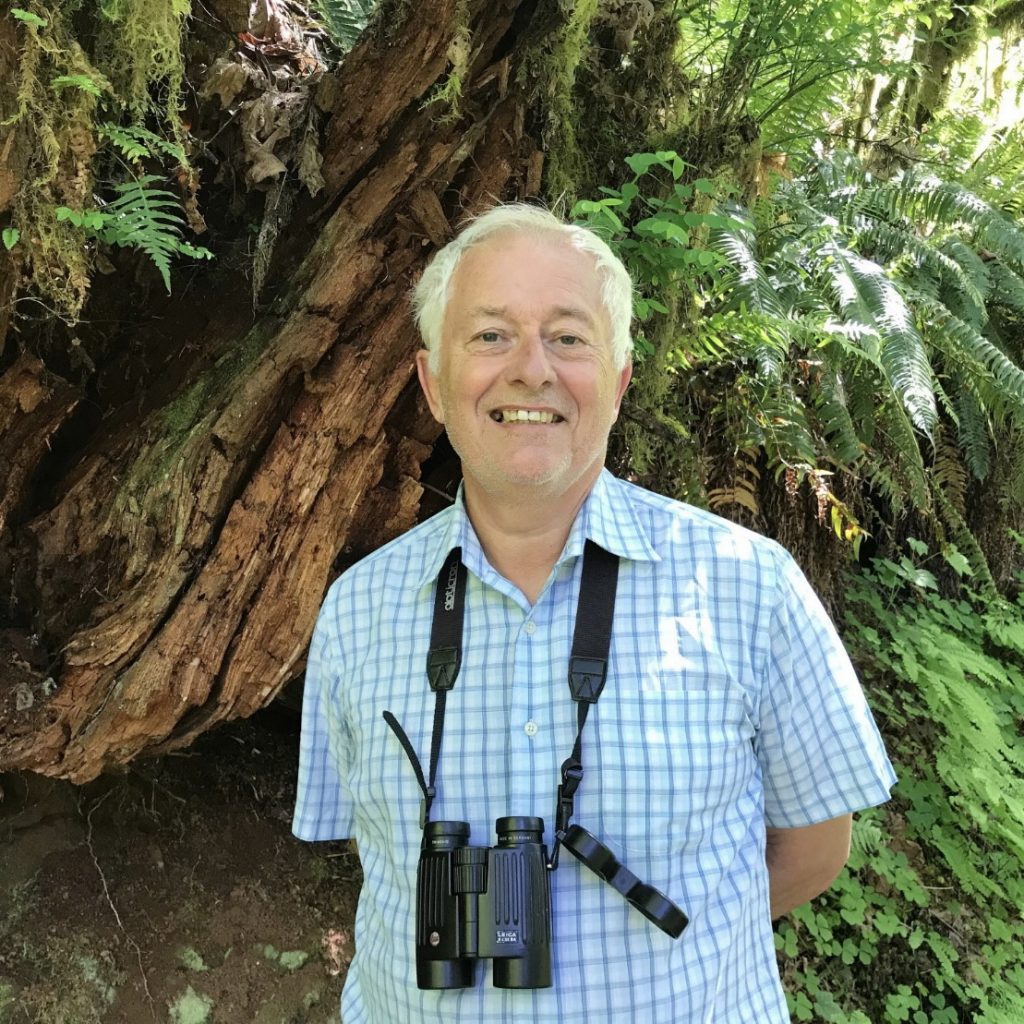
Dr. Jeff Sayer
Jeff Sayer is an ecologist who began his working life researching large mammals in African savannas. Research and conservation activities in Africa brought him into daily contact with the lives of poor rural people trying to improve their livelihoods in the wildlife rich areas around parks and reserves. Work on the interface between people and nature led Jeff to work on nature conservation projects in Afghanistan, Myanmar and Thailand where conflicts between conservation and poverty alleviation were widespread. Later in his career Jeff was appointed founding Director General of CIFOR (Centre for International Forestry Research) where he championed a multi‐disciplinary ecosystem approach to sustainable forest management. He has also worked at various times for the World Bank, WWF International and initiated the Forest Conservation Programme of the International Union for Conservation of Nature -IUCN.
In almost all of his work Jeff has been confronted with the issues of reconciling the interests of poor local people with the task of conserving global environmental values. He has maintained a strong interest in systems and landscape approaches to reconciling conservation and development. He believes strongly that forest conservation and management are not likely to be sustainable in the long-term in situations where local people live in extreme poverty.

Dr. Terry Sunderland
Terry Sunderland is currently a Professor at the Faculty of Forestry, University of British Columbia, Canada focusing on the biological and human dimensions of the sustainable management and utilization of tropical forests. He was previously a Senior/Principal Scientist at the Centre for International Forestry Research (CIFOR), Indonesia, where he coordinated CIFOR’s work on forests and food security, biodiversity conservation, and integrated landscape management. Prior to joining CIFOR in early 2006, Terry was based in West Africa for over fifteen years and worked on numerous conservation and livelihood-focused initiatives. Having both a field practitioner and academic background gives him a wide perspective on conservation, livelihoods and issues related to sustainable landscape management. Terry has a Master’s degree in Forestry from the University of Oxford and a PhD from the University of London. He has published more than 300 research papers, book chapters and edited books, and supervised many graduate studies related to tropical forestry, focusing particularly on the capacity of developing country scientists. Terry is an active blogger, Twitter user, and engages regularly with the media on disseminating research for policy influence and outreach.
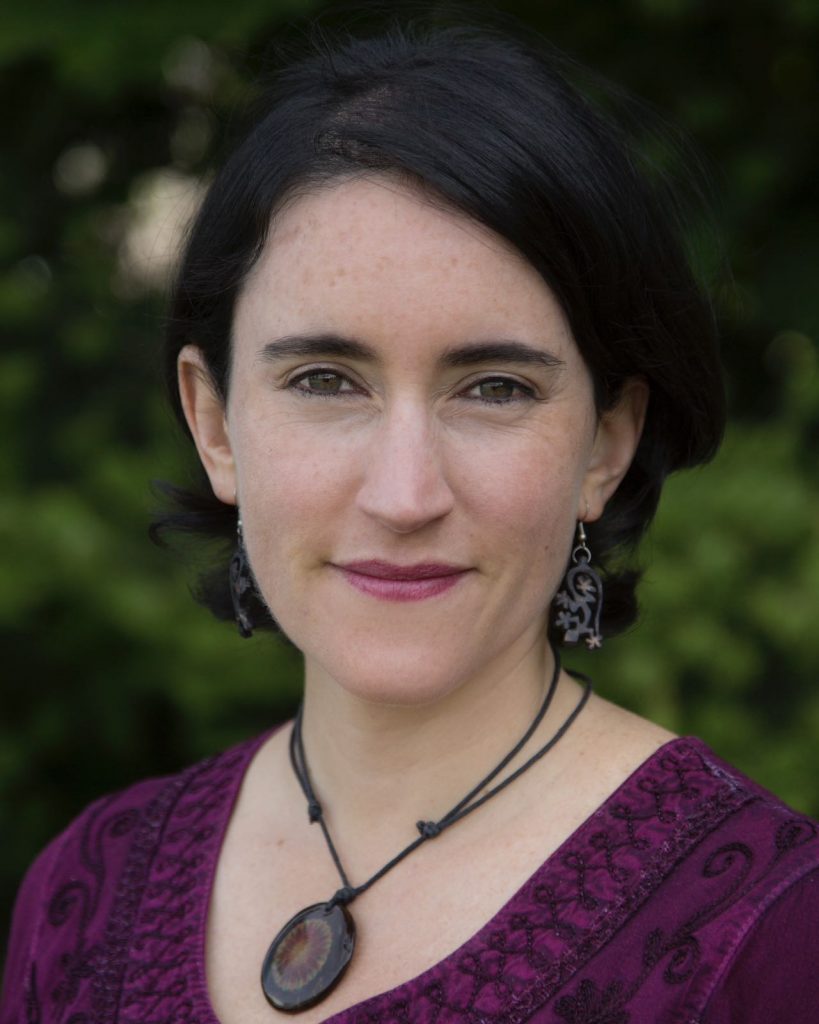
Dr. Fernanda Tomaselli
Fernanda Tomaselli is a Lecturer at the Faculty of Forestry and Coordinator of UBC’s Land One program. She teaches courses on climate change communication and conservation of natural resources, including an international field course in Ecuador. She completed a Master of Science at UBC focused on community forestry and microfinance in The Gambia (West Africa) and a PhD focused on post-growth communication. As a Forestry student she participated in a number of IFSA events (including IFSS 2011 in Finland and IFSS 2014 in BC) and was an IFSA Liaison Officer with FAO.

Dr. Peter Wood
Peter Wood has worked in the field of international forest policy, human rights and sustainability for over two decades in a variety of roles, including with non-governmental and intergovernmental organizations. He has served on various international expert bodies, such as the Global Expert Panel on International Forest Governance (IUFRO), and has been involved in the development of multilateral agreements on climate change and biodiversity. He completed his PhD in Forestry at the University of Toronto.

Dr. Christopher Gaston
Christopher Gaston‘s main areas of research are markets and economics, particularly in their application to new product/market development for Canadian wood products, both in North America and internationally. This includes primary and secondary wood products, and end-uses spanning residential and non-residential construction, repair and renovation, and industrial applications. Product and market focus also includes engagement with Aboriginal communities, small-medium enterprises, emerging engineered wood products/systems, and further value-adding products.

Dr. Agni Klintuni Boedhihartono
Intu has a multidisciplinary background (Anthropology, Fine Arts, Cinematography and Natural Sciences). She has a Doctorate in Ethnology & Visual Anthropology from the University of Paris 7, France. She went to the Ecole National Superieure des Beaux-Arts and the University of Paris 7 in France to pursue her passion in arts, culture, people and sciences.
Intu worked for the International Union for Conservation of Nature (IUCN) and the United Nations Environment Program (UNEP) based in Switzerland, but she devoted a lot of time in Africa and SE Asia. She spent several years working in the Malinau Research Forest region in North Kalimantan, Indonesia, with the Center for International Forestry Research (CIFOR). Intu joins UBC after spending eight years running a Master’s Program in Development Practice at James Cook University in tropical northern Australia. Intu has worked with multidisciplinary teams in remote locations in tropical landscapes and seascapes in Asia, Africa and Latin America. Intu has focussed on issues with indigenous people and local communities, particularly on the importance of their traditional knowledge and wise practices in natural resources management and the conservation of their cultural diversity. Intu’s research has sought to enable forest dependent people, coastal communities and indigenous groups to achieve a balance between conservation and social, cultural and economic development.
Intu uses visual techniques to explore landscape scenarios and other participatory methods to maximize the involvement of diverse stakeholder groups. Her goal is to have an influence on global efforts to support indigenous people and local communities to improve their livelihoods whilst retaining their identity, cultural diversity, traditional knowledge, environment and natural assets.